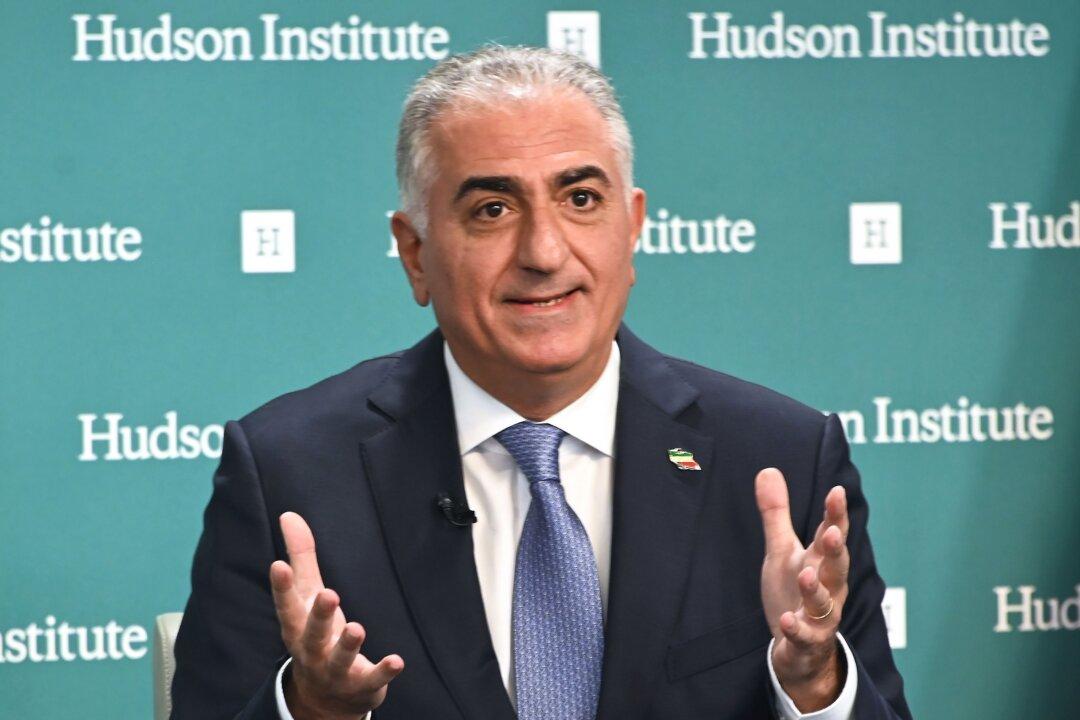The former crown prince of Iran, heir of the deposed monarchy on Jan. 15 said that the “beginning of the end” of the Iranian regime has started, as he called for maximum pressure on the Islamic Republic and for constructive, not divisive dialogue.
Maryland-based Reza Pahlavi said the protests that struck some 100 cities and towns across Iran beginning Nov. 15, and again, following the accidental downing of a Ukrainian passenger jet by Iran’s paramilitary Revolutionary Guard on Jan. 8, reminded him of the uprising that ousted his father in early 1979.





